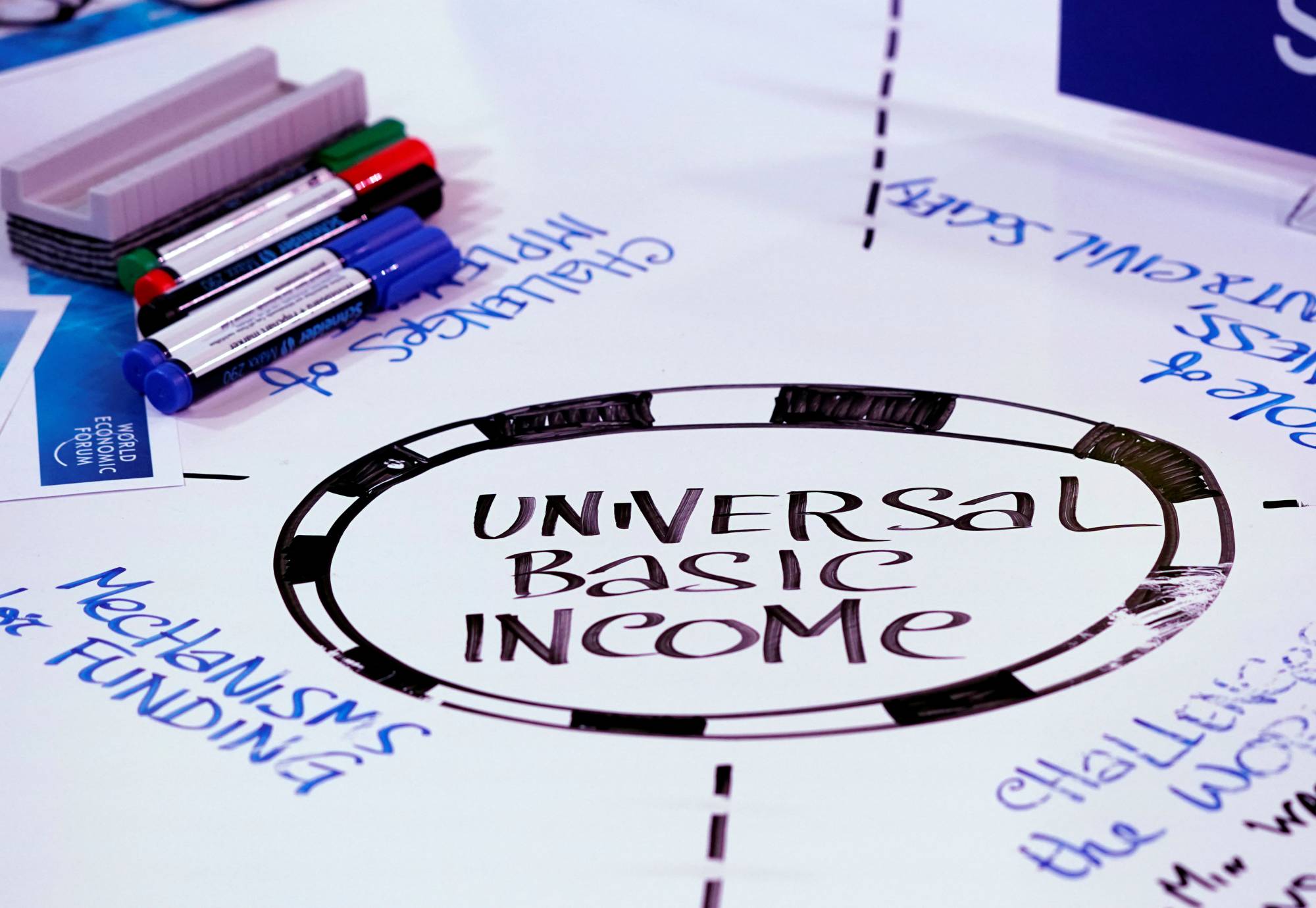It's a simple, utopian idea. If we give everyone a monthly check, we can eliminate poverty and do away with the inefficiencies of our cumbersome and flawed welfare state. Minneapolis is the latest city to give a "universal basic income” (UBI) a try. It's offering $500 a month for 18 months to 150 of its low-income residents with no work or spending restrictions.
But others worry it's not so simple. A universal basic income would be expensive, and what if it discourages people to work, which could inadvertently increase inequality and lead to social instability? A new paper suggests the skeptics may be right: UBI may cause more harm than good for a very high cost.
Testing UBI is not easy. What makes UBI universal and basic is that everyone gets the money, and the flow of cash is predictable and long-lasting. UBI advocates point to a few experiments that show giving people checks doesn’t cause them to work less.


















With your current subscription plan you can comment on stories. However, before writing your first comment, please create a display name in the Profile section of your subscriber account page.